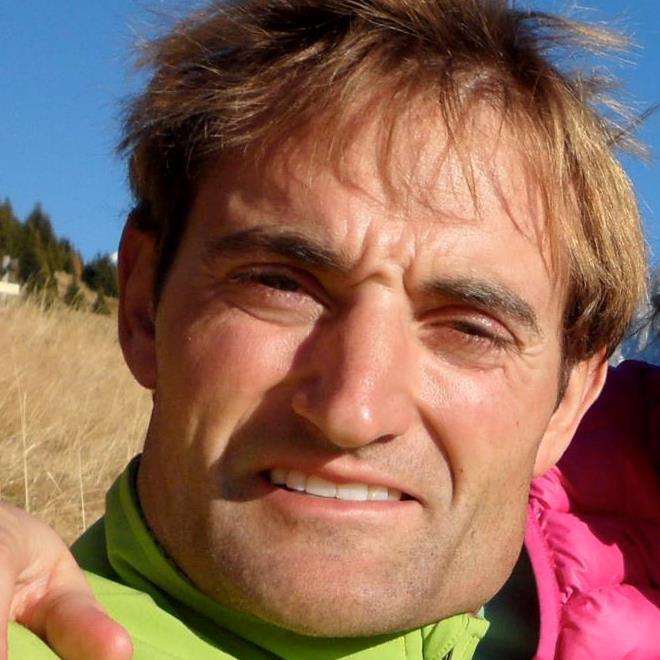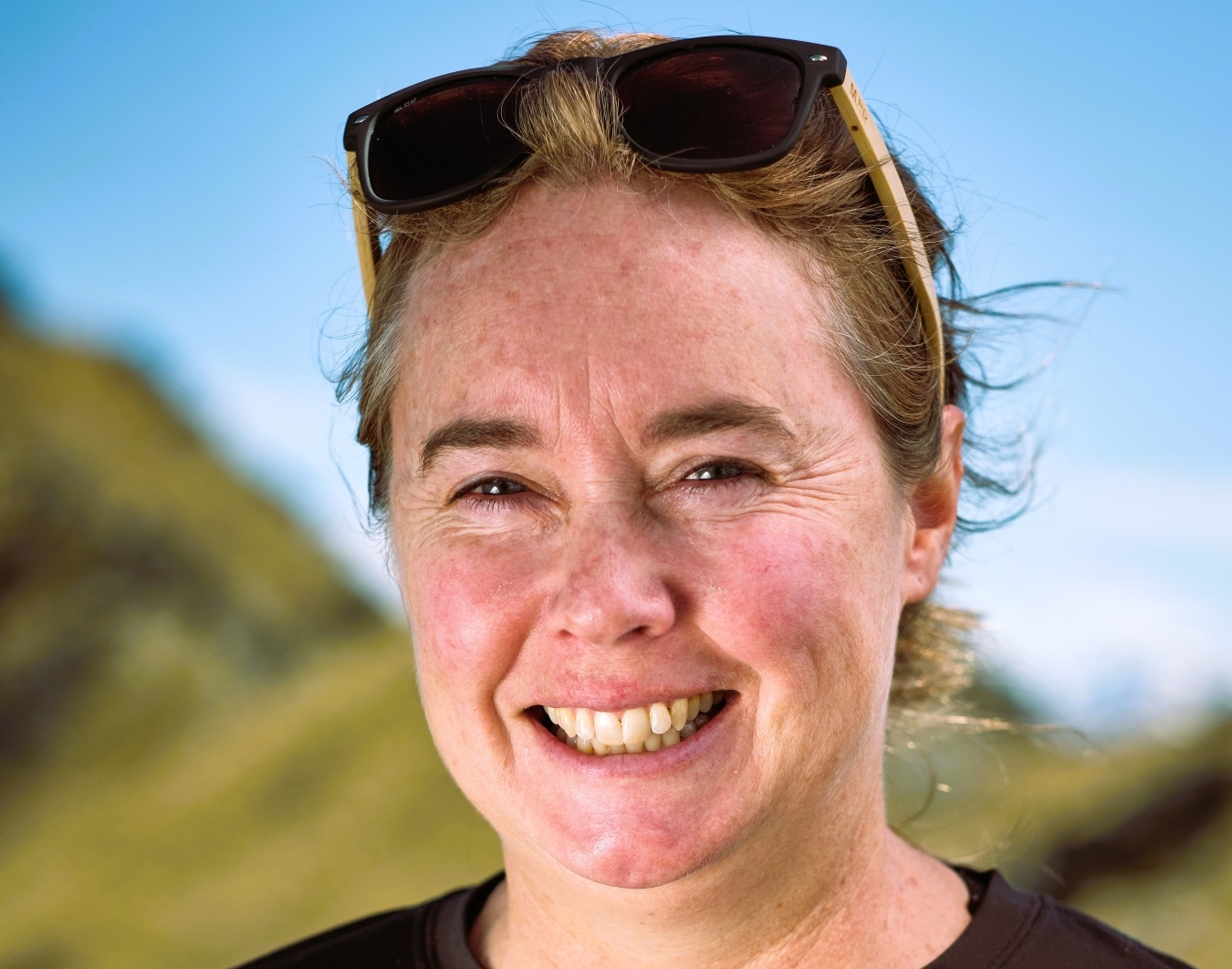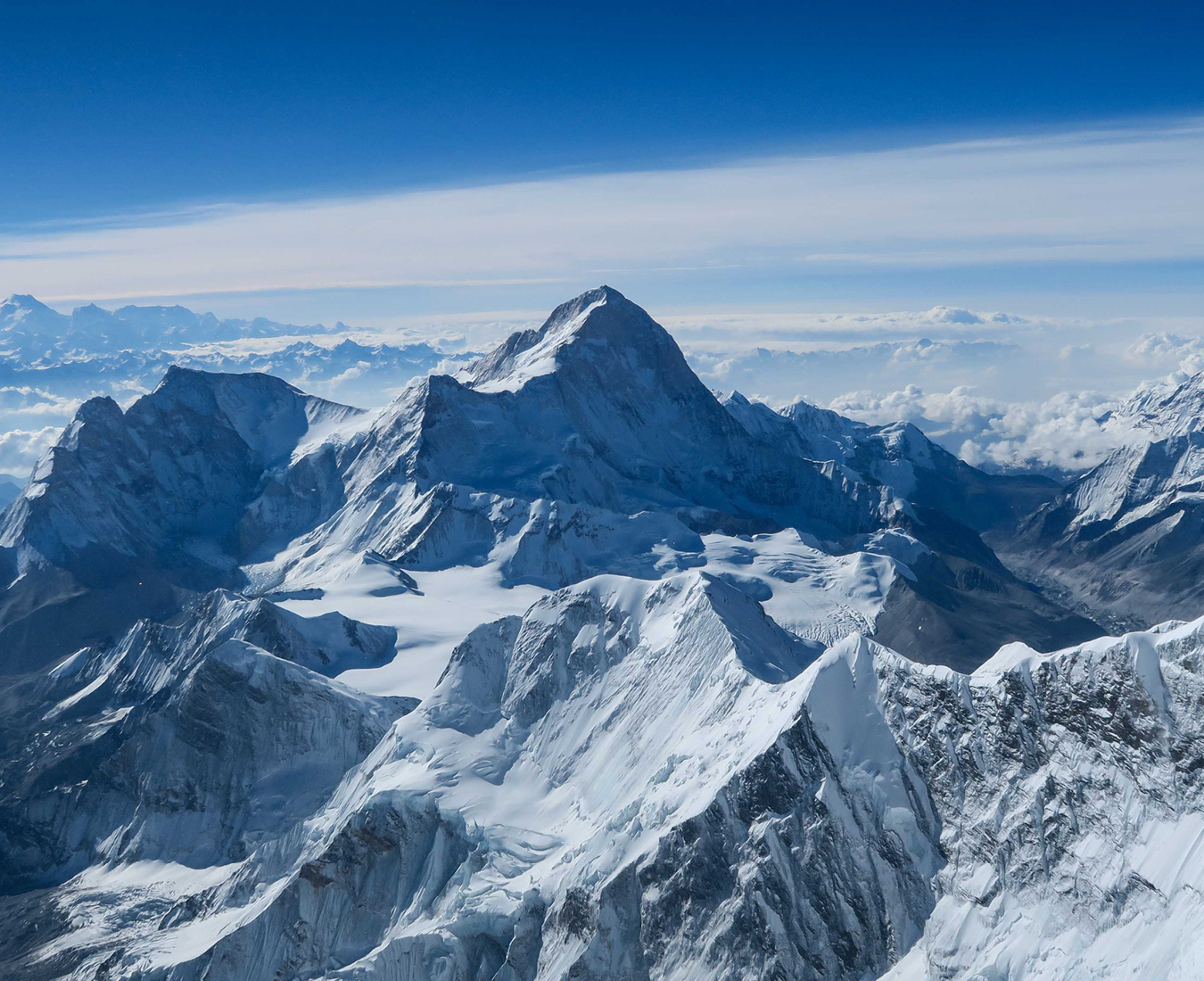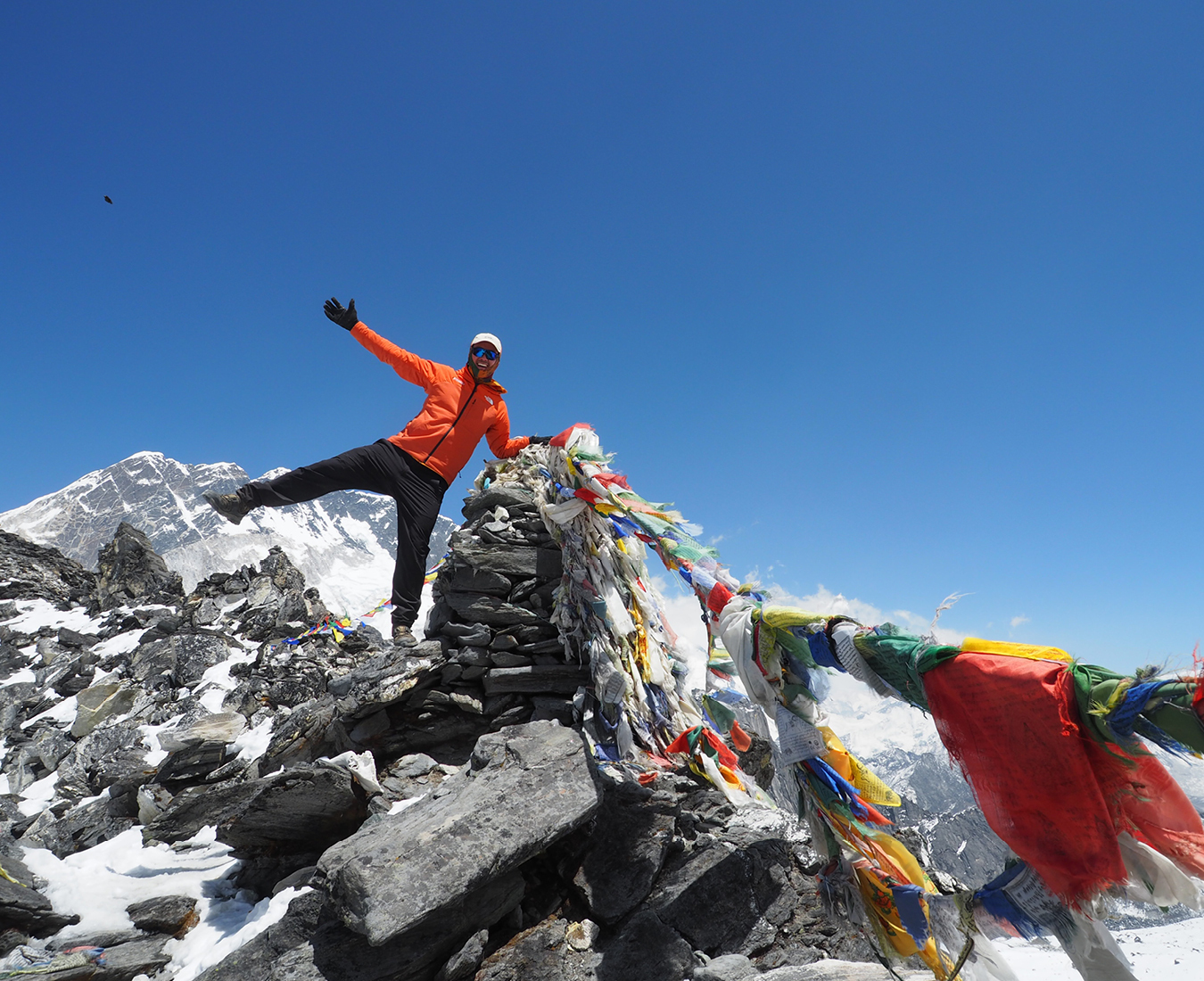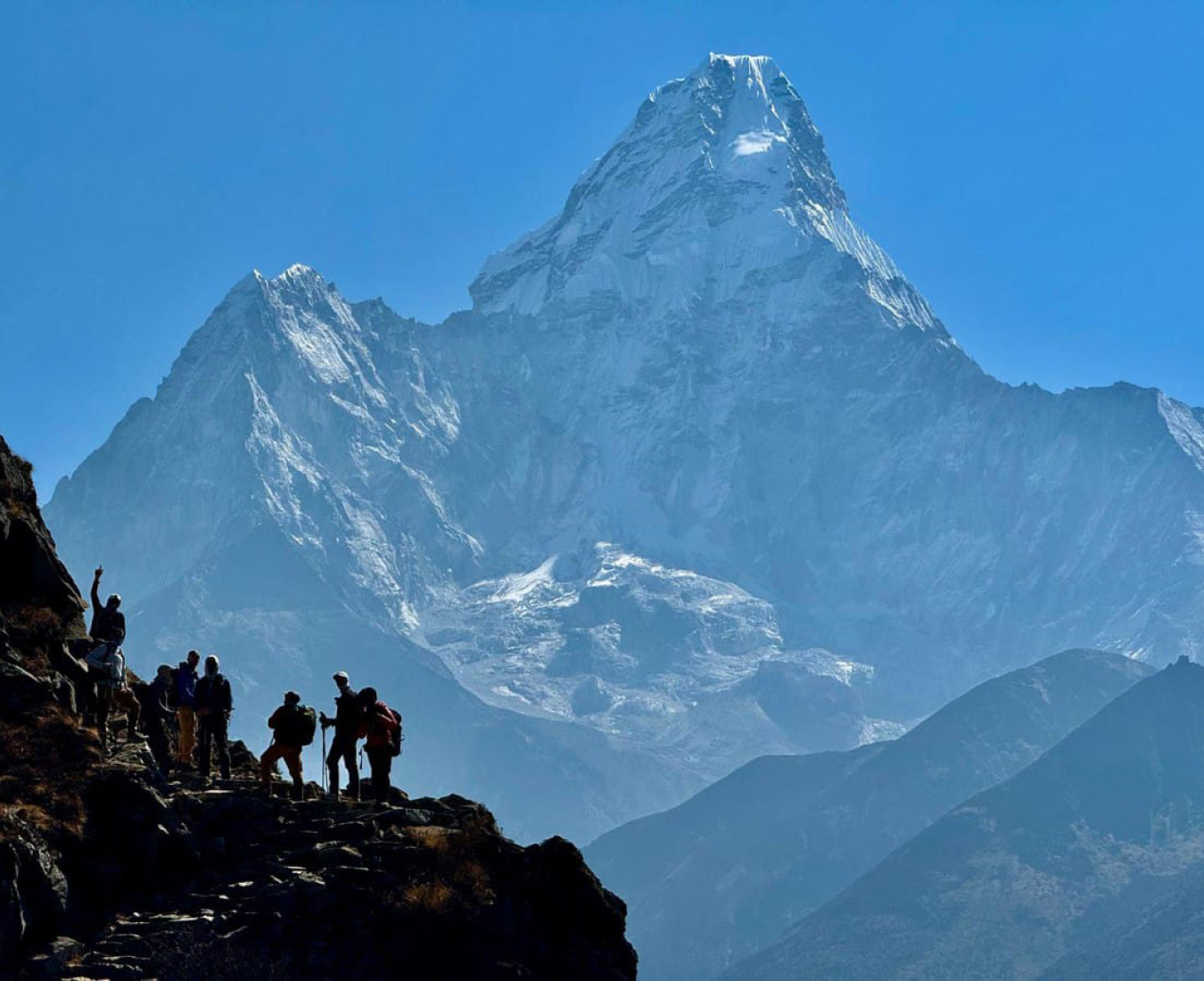A typical summit day is 10–14 hours long, so excellent fitness, combined with solid climbing skills is a must to be able to move quickly and confidently in steep, exposed terrain even when tired. We suggest a programme tailored to mountaineering such as those from the Uphill Athlete.
The Eiger is an exceptionally dramatic mountain with a colourful history in the Swiss Bernese Alps region. We climb via the Mittellegi Ridge and descend via the South Ridge depending on best conditions.
This long and intricate ascent incorporates some of Europe’s finest moderately technical terrain and the exposed nature of the climbing on the ridgeline is truly spectacular.
The Eiger, a dramatic mountain. It is steeped in a colourful history, not because of its first ascent via the West Flank in 1858, but more-so because of the attempts to climb the formidable Nordwand (North Face) in the 1930s that saw prospective ascensionists perish.
We climb the Eiger by the long and exposed Mittellegi Ridge that is the east ridge of the mountain overlooking the famous north face.
The first few days of the program involve warming up on some classic peaks around Chamonix and then in the Oberland close to the Eiger. These ascents are very good for getting your mind and body prepared for the intensity of climbing a big alpine route like the Eiger’s Mittellegi Ridge, which is definitely a striking and notable peak to climb.
- A formidable peak in a superb setting
- Long and technical climbing route
- A strenuous ascent of a world famous mountain
Trip Level
Trip Level
Advanced
Elevation
Elevation
3,970m/13,025ft
Duration
Duration
6 days
Location
Location
France or Switzerland
Arrive in Chamonix, hotel night
| Meet with your guide for an equipment check and briefing before taking La Flégère and l’Index lifts to 2,385m/7,285ft. Big boot rock climbing revision and training. Traverse the peaks of Aiguille de l’Index 2,595m/8,514ft and return via La Flégère lift. Chamonix hotel night |
| To Aiguille du Midi lift and ascend the Arête des Cosmiques to the Midi (AD) 3,800m/12,500ft. Drive to Grindelwald in Switzerland, 3.5hrs. Hotel night |
Train to Jungfraujoch, 1.5 hrs climb Mönch 3,585m/11,762ft en route to the Mönchjochs Hut 3,658m/12,001ft. The South East Ridge (AD) of the Mönch is a delightful scramble, with an exposed knife-edge crest to finish. Fine views extend out to both the Eiger and the Jungfrau from the top
Train down to Eismeer Station, 1.5hrs. Short rappel from window, cross glacier and climb difficult ground (AD), 4 hrs, to Mittellegi Hut 3,355m/11,007ft
Climb Mittellegi Ridge 4,215m/13,829ft, 4-6 hrs, (D) and descend South Ridge to the North Eigerjoch, and then return to Mönchjochs Hut (6-7hrs)
Descend to Grindelwald and return to Chamonix possibly rock climbing en route. Possible spare weather day for Eiger summit. Hotel night in Chamonix
Depart Chamonix after breakfast. Trip Ends

Departures and Pricing
Need more training before attempting the Eiger? Check out Monte Rosa Course & Ascents
PREPARE
In order to get up this long route, prospective climbers must be confident in rock climbing in alpine boots to grade US 5.7/ AUS 15/ UK HS and be capable of moving at a steady pace for extended periods in technical terrain on snow and rock. It is imperative you have a high degree of cardiovascular fitness to cope with the strains of the climb and the altitude.

We offer focused guide attention to ensure consistency across the program. Whilst other operators combine you with large groups on training days we know your safety will be better protected and the learning progressions will be enhanced with the attentive care of your guide and smaller guide to climber ratios.
Adventure Consultants guides are BMG/NZMGA and / or IFMGA-UIAGM qualified mountain guides. They are professional mountaineers and operate to the highest industry standards.
Being a technically proficient climber alone is not enough to work with us; our standards demand that trip leaders are great guides as well. You will find your guide friendly, approachable and focused on providing a safe and enjoyable trip in line with your objectives and comfort level.
Success with the highest margin of care is always a hallmark of our approach; promoting the realisation that even extreme pursuits such as high altitude mountaineering can be undertaken safely.
Adventure Consultants only employs IFMGA qualified guides for European ascents and courses and this is the only certification that is recognised in the French Alps. In order to gain these qualifications guides must undergo rigorous training and assessment on climbing skills, instructional skills, avalanche training and assessment, wilderness first aid, rescue training and much more. The qualification takes many years to attain and ensures you are getting a world class professional service.

The price of your trip includes the following:
- Qualified mountain guide
- Group technical equipment
- Lift passes as per the scheduled itinerary
- Hut accommodation as per the scheduled itinerary
- Hotel accommodation on a B&B basis during trip dates as specified on the schedule, including first / last night of your trip
- Local ground transport as per the scheduled itinerary
- Breakfast & dinner during mountain component of course/trip.




